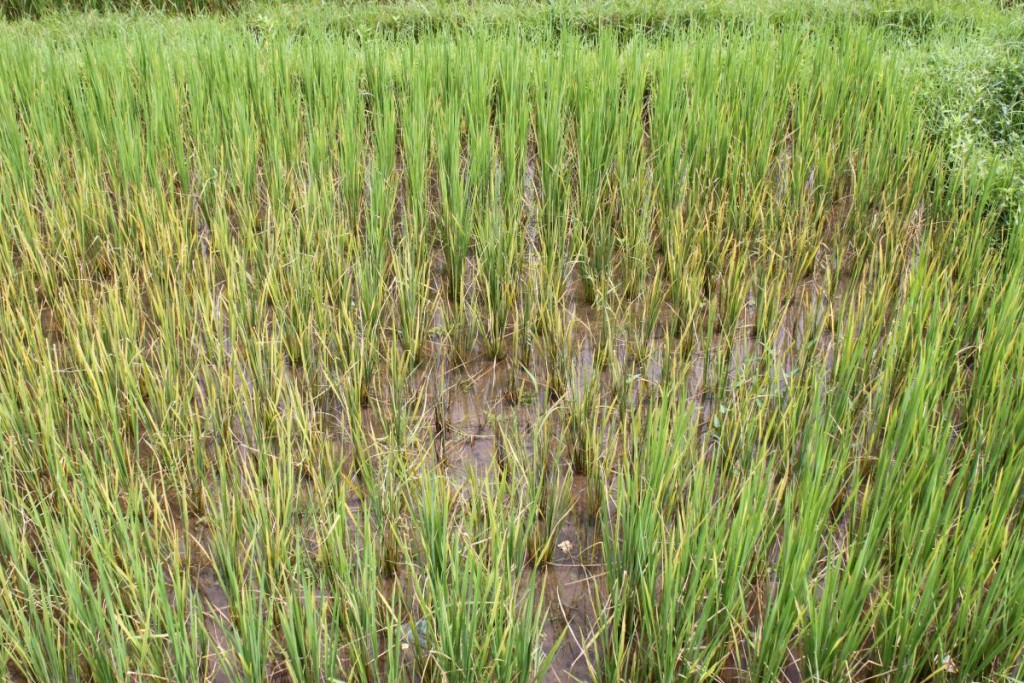Rice farmers in the Ekpaomaka community, located in Ikwo Local Government Area in Ebonyi State, are lamenting a loss of no less than N50 million following the ravaging of their farms by continual pest infestations.
Narrating their ordeal, local farmers expressed deep concern over not being able to cultivate rice as they had prior to 2016 – the year pests started destroying their farms.
Pest infestations, particularly those caused by insects, are one of the major reasons for Nigeria’s low yields of rice. Rice serves as an ideal host for a large number of insect pests, including root feeders, stems borers, leaf feeders and grain feeders.
Cross River Battles to Sell, Evacuate Mature Rice Seedlings
Unfortunately, the potential to enhance yields through the proper management of rice-devouring insects has not been fully realized in Nigeria or sub-Saharan Africa as a whole.
Hence, appropriately managing rice pests is seen as key to improving and sustaining rice production among smallholder farmers.
One rice farmer, Okpozu Chukwuma, said these pests have prevented many producers in the area from cultivating rice, as they keep losing year in and year out.
Gov. Ugwuanyi Inaugurates Rice Seed Multiplication Farm
He further explained that the pests have continued to eat up their rice and that they have not been able to get the correct pesticides to kill them.
“Once the pests attack the rice, the leaves will dry off and there will be no fruits on it. Since that 2016 the pests started, we lose not less than N50million every year to pests, ” Chukwuma shared.
Another farmer, Chinyere Andrew, said: “Before pests started destroying our rice farms, we use to get 15 big drums of rice in one plot of land, but we are making only half a drum now.”



